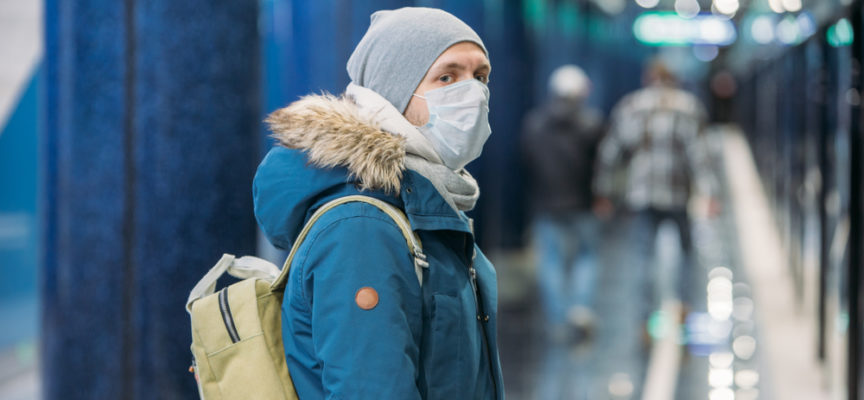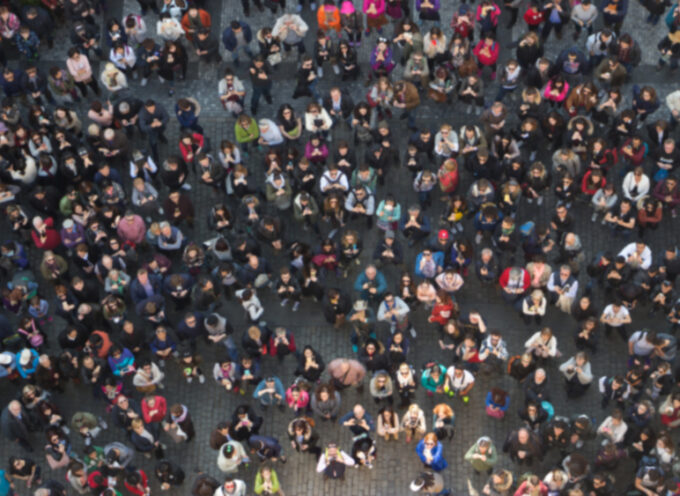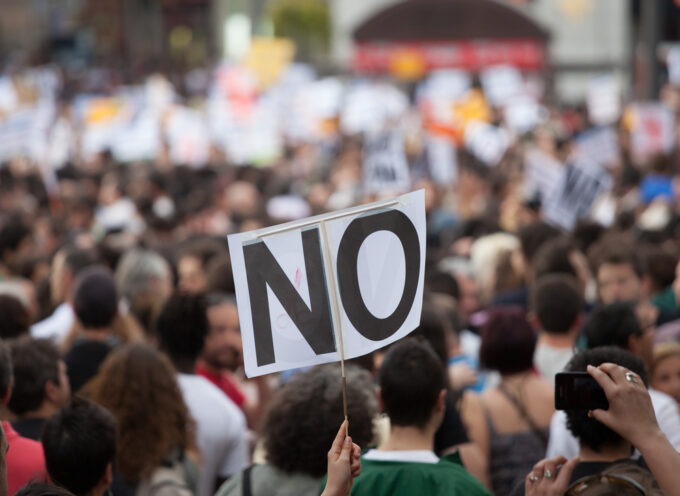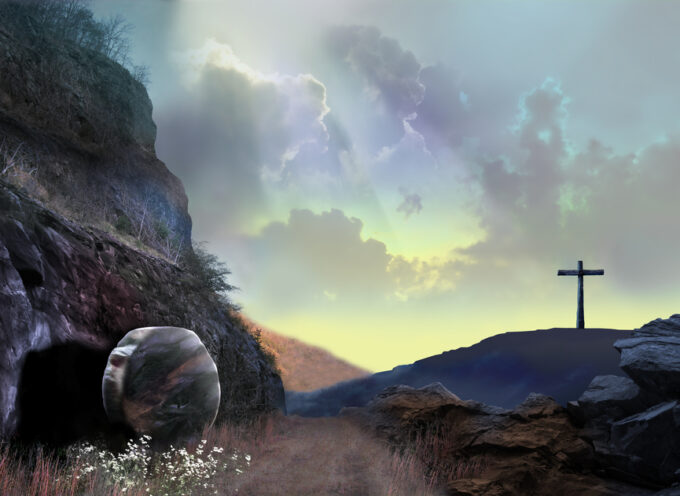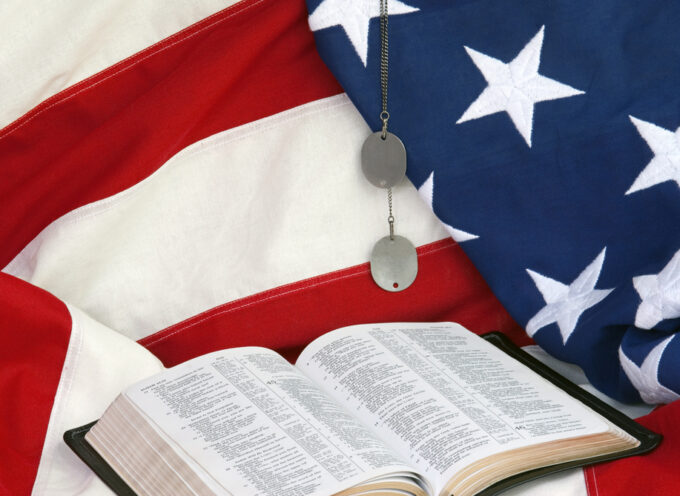The United States has suddenly come face-to-face with a feeling most humans in history have experienced: the dread and fear of a sudden and unavoidable death. No vaccine is available to save us. No amount of caution is certain to spare us.
But unlike many people in past history, we are, for the most part, religiously and psychologically underequipped for the current pandemic. In our experience, there has almost always been a doctor or scientist who could save us. There has almost always been a vaccine to protect us.
But now there is not. We are face to face with a viral plague that could kill who knows how many of us.
How should a Christian respond to the coronavirus? What should we feel? What should we pray? What should we do or not do?
What should we feel?
Some of us feel a sense of dread, a palpable fear brought about by the fact that we could soon look death in the face. Others of us feel less afraid, carrying with us a bit of stress throughout the day. Others of us, for one reason or another, are able to put it out of mind.
Any of those feelings are understandable.
It’s alright to be afraid. It can be good, in fact, to react this way in a moment of danger. We admire it when a soldier or police officer is sobered by the challenge they face when fighting injustice and evil.
It’s alright to experience stress. We admire it when a CEO or a political leader is able to react to stressful situations by finding good solutions for the individuals or communities under their care.
It can be alright, also, to put things out of mind in order to handle one’s responsibilities in the face of an ongoing threat.
The important point, however, is that we must not forget God in the process. We must not be so afraid of an earthly threat that we allow it to control our minds. When we look at the world around us, it might seem entirely out of control. But when we look to God in heaven, we are reminded that he can take even the greatest evils and bring good out of them.
In other words, we should remember that no matter how great the fear, how great the stress, how great the need to put things out of mind, there is a God who is even greater.
What should we pray?
The Bible constantly reminds us to pray. It reminds us that the God who created the world good and who detests the evil brought about by human sin is the same God who invites us to appeal to him. The Bible says that if we are in trouble, we should pray (Jms 5:13). It promises that God will hear our prayers (1 Jn 5:14) and that God will be near to us when we pray (Ps 145:18).
The Bible never promises that God will answer our prayers in just the way we wish. But he does hear us and, in one way or another, answer our prayers. So, let’s pray that God would protect us and our loved ones. Let’s pray that he will protect those around us, including people we don’t even know or like. Let’s also pray that, somehow, he will bring something good from this plague that now surround us.
What should we do?
One thing we should do, as this article argues, is listen to the governing authorities who have banned large gatherings. For Christians that means we should help safeguard public health by suspending church services in the short-term. We should observe the Lord’s Day in smaller gatherings. And we should hope and pray that this short-term suspension of church services eventuates in the long-term health of many people to which the church can minister for decades to come.
Another thing we should do, as Christians, is look death in the face without flinching. We may not want to die. But we are not like people who have no hope beyond this world. Our greatest hope, our certainty, is that Christ will return one day to rid the world of sin and its consequences, to heal those who are sick, and raise to life those who have died.
It is for this reason that Christians in the 2nd century were willing to care for the sick even in the midst of the destructive Antonine Plague. It is for this reason that Christians in the 3rd century were willing to do the same during the Plague of Cyprian. And, as this article and this book make clear, it is for this reason that the pagan Emperor Julian complained that it was the Christians who had the courage to care for the deathly sick.
What should we do? We should trust God above us even when the world seems out of control. We should pray for the safety of our selves and those around us. We should safeguard public health by not gathering on Sundays in the short-term. We should look death in the face by being willing to help those in need.
We can do these things because they are the right thing to do. And because they are the right thing to do, God will strengthen us to do them. In other words, no matter how powerful the plague that surrounds us, God and his promises are even more powerful.
Subscribe
Never miss a post! Have all new posts delivered straight to your inbox.

